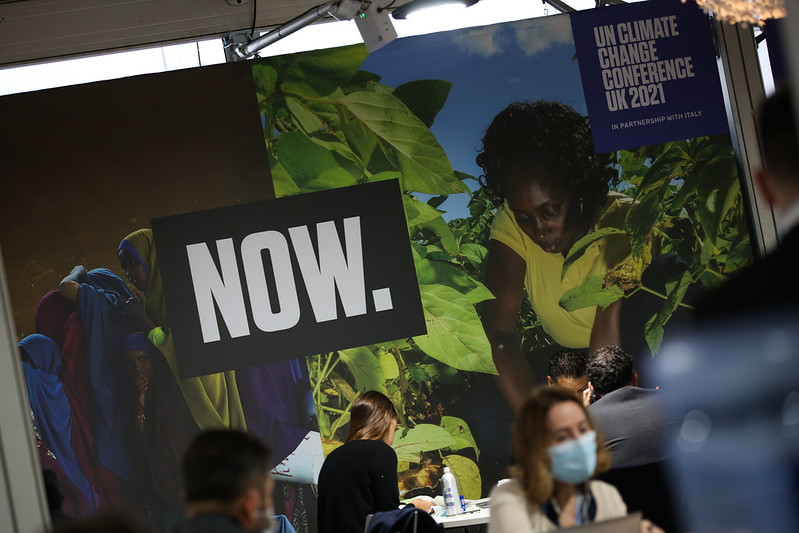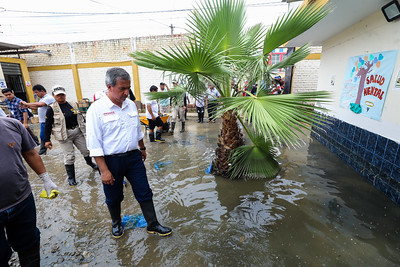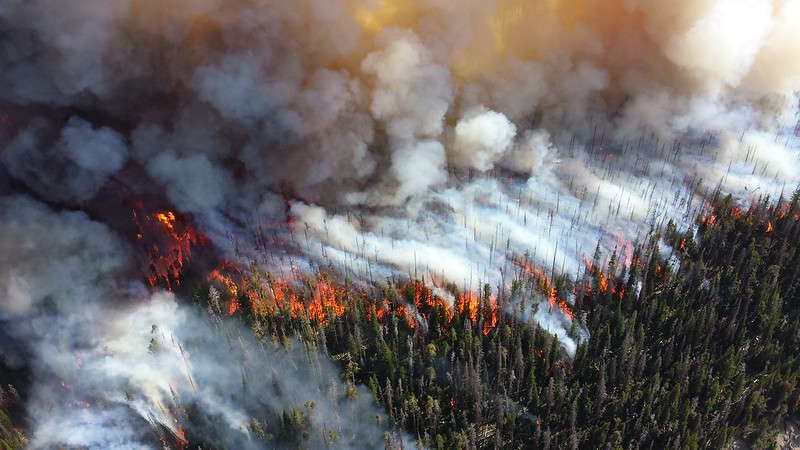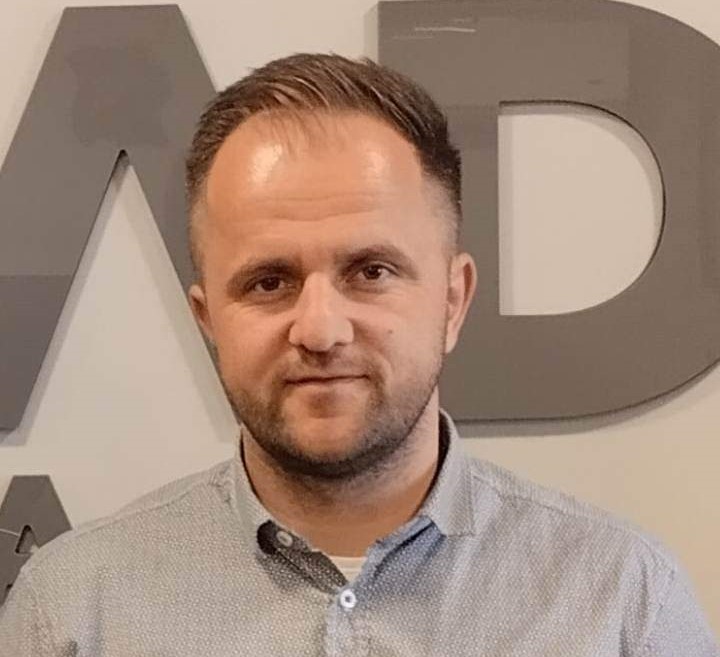Political inaction is no longer an option in the face of climate change and poverty

From 1st – 12th November, 200 countries from around the world are meeting in Glasgow for the 26th United Nations Climate Change conference, COP26. This event is a decisive moment for implementing the Paris Agreement, a binding international treaty on climate change that came into force five years ago, with its key objective of limiting global warming to 1.5 degrees Celsius.
In its report published last summer, the IPCC issued a warning on the increasing impacts of climate change and the destruction of our ecosystems. Despite these scientifically proven findings and warnings from civil society around the world, most political and economic decision-makers continue to stand in the way of achieving successful ecological transition.
In all too many countries, political courage is also lacking when it comes to social justice and the fight against poverty. The World Bank warns: “Climate change will drive 68 to 135 million people into poverty by 20301” . COP26 is the occasion to reiterate that the fight against climate change and the fight against poverty are inextricably linked and should be waged together. Eradicating poverty is part of the Paris Agreement. However, five years after its entry into force, states have clearly failed to include it as an inseparable goal.
Recurrent extreme climate events exacerbate the vulnerability of people in situations of poverty: Emmaus International recognises that many Emmaus groups around the world have been suffering the effects of climate change for several years. Some of them have their activities disrupted and their livelihoods destroyed by man-made natural disasters. The poorest and most vulnerable populations are indeed the first victims, yet they are the people least responsible for climate change. They are also often powerless to cope with the impacts of changes, further increasing their vulnerability.
It is urgent to act effectively and practically on both issues. States can no longer simply acknowledge their failure and postpone the commitments made.
COP26 must make the voices of the most excluded heard in the fight against climate change: involving the poorest people so that they can be part of this struggle for inclusive and sustainable outcomes that benefit all and ensure greater social and environmental justice. Discussions and binding agreements must ensure that the richest and most polluting countries shoulder their responsibility to act in solidarity with the poorest, most impacted and most disadvantaged countries in adapting to climate change.
Implementing the Paris Agreement requires an economic and social transformation, which Emmaus International claims in its 1st Global Report on its fight against poverty. We need to develop an economy that genuinely works for human beings and their environment so that workers and nature cease to be mere “adjustment variables” in the quest for perpetual growth and profitability.
Our shared future is at stake.
On 17 October, Emmaus International published its first Global Report on its fight against poverty This report presents the requirements and demands made by the international movement to fight effectively against poverty and demonstrate how we can respond using practical solutions that have already been tried and tested by Emmaus groups worldwide. The involvement of the most excluded in the fight against climate change and the solid link between environmental concerns and the response to social emergencies are both examples of how important the Emmaus movement is in terms of its environmental work and its fight for social and environmental justice around the world.
[1] World Bank, Press release of 7 Oct. 2020 on the “Reversals of fortune” report
© Kiara Worth (UNFCCC)


